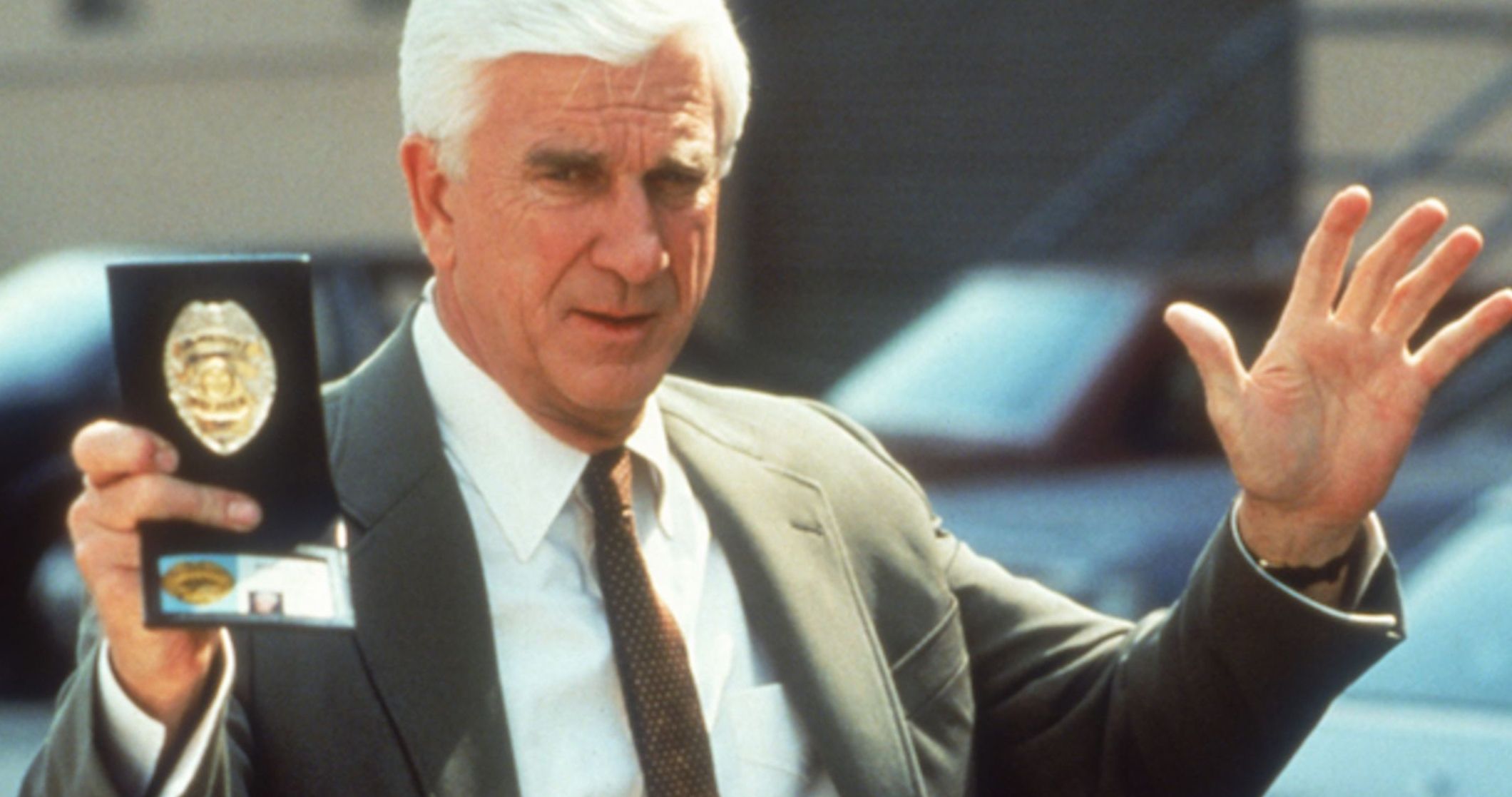The phrase "you couldn't get away with that now" is one that has become synonymous with many comedy movies of the 80s, especially those such as The Naked Gun and Airplane! So it is only appropriate that David Zucker, director of these and other comedy movies that many believe would struggle to be made in modern times, should take the 40th anniversary of his slap-stick, word-playing parody of airline based disaster movies to take a shot at the problems of cancel culture and how he believes it stifles comedy movies. Writing on Commentary, Zucker detailed how certain scenes in Airplane! caused discussions to be held at Paramount about holding back a 40th anniversary release as some scenes would be called "insensitive" by current standards.
One of the scenes under scrutiny involved two Black characters speaking in a dialect that caused subtitles to appear on screen. David Zucker said of the scene, "I've lost count of the number of people who have said to me, "You couldn't do that scene today." But I always wonder, why not? Half the gags in that joke were aimed at white people, given that the translation for "s- -t" is "golly" - and the whole gag is topped off by the whitest lady on the planet, the actress who played the mom on "Leave It to Beaver," translating. The bit was evenhanded because we made fun of both points of view. No one ended up being offended by that scene, and all audiences loved it. They still do."
Zucker went on to explain that when Airplane! was made, Paramount President at the time Michael Eisner, "didn't feel that he had to censor, take apart or micromanage the jokes in the Airplane! script, even the ones he didn't understand. Eisner somehow knew that comedy requires a certain amount of recklessness and that comedy writers and directors need to experiment until they hit that perfect note where a joke can illuminate uncomfortable subjects by giving us permission to laugh at them."
For the most part, the director believes, like a number of other comedians who have decried cancel culture, that much of the issue comes down to the way jokes are interpreted and more importantly misinterpreted out of the context they are intended. "I admit that their fear of audience retaliation is not entirely unwarranted. There is a very vocal, though I believe small, percentage of the population that can't differentiate between Glue Sniffing Joke and Glue Sniffing Drug Problem. It is these people whom studio executives fear when they think twice about rereleasing Airplane! on its 40th anniversary, when they put disclaimers in front of Blazing Saddles, or when they pressure writers to remove jokes that are otherwise perfectly offensive."
Zucker's comments almost echo the stance taken by the likes of Seth McFarlane, who has made a career of making comedy movies and shows that "would never get made these days", and Ricky Gervais, who has a long standing and vocal opinion that there is a vast difference between a joke in context and how some people choose to ignore the context to pick out the bit they want to make an issue of.
Although it sometimes seems like there is a public outcry every day about something making its way into a movie that some feel is wrong - and not just limited to comedy, for example the recent petition calling for scenes of firemen being killed by Michael Myers in Halloween Kills to be removed from the film - it mainly comes down to it being much easier to get a point of view in front of millions on social media than it was 30 years ago, and a thousand shares on Twitter can seem like a huge amount until it is put in the context of being out of millions who watched the same thing and didn't have an issue with it.
Zucker went on to say, "Today, we're faced with social and political pressures that are tearing our country and our families apart. Not that I couldn't do without some family members anyway, but the point is, we live in the most outrageous period in our recent history, when the need for humor is greatest, and yet we seem to be losing our ability to laugh at ourselves and our world. The truth is, I still don't fully understand why there's a problem with making a joke that gets a laugh from an audience, even if it is mildly offensive. Why cater to the minority who are outraged when most people still seem to have a desire to laugh?"
He concluded, "We are in a comedy emergency. If we continue on this path, no first responders will be able to help us. Humor will be reduced to five-second, anonymous memes on the Internet, and movie comedy will be reduced to pablum. Oh, wait. That's where we are now." This news arrives first from Commentary.org.

